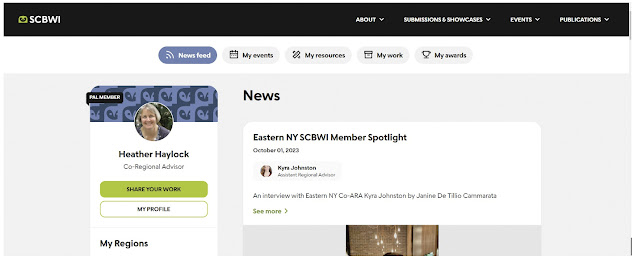Five Questions with Sally Sutton
1. What is your writing day like? When and how do you create?
I have a terrible lack of routine! I write whenever I can fit it in around my other responsibilities. Sometimes, this is four in the morning, but my best writing time is usually mid-morning, when my brain is at its least flabby and the coffee has hit! I’m not the sort of writer who can achieve a daily word count or a certain number of hours at my desk. I write very slowly and edit sentence by sentence as I go, as well as at the end. I don’t necessarily recommend this, but it seems to be how I do it. Also, this might shock you, but an afternoon spent staring out a window daydreaming can actually be far more productive for me than writing screeds of empty words which I’ll only delete later. Thinking is working too! I’ve learnt to be kinder to myself and trust the process. That said, there are also times when I just need to force myself to sit down and get on with it! The tricky part is knowing the difference between creative brainstorming and procrastination. I’m still learning….
2. Where do your best ideas come from? How do you develop them further?
I don’t know where they come from but they usually start very small. A picture book often begins as a snatch of rhyme or a rhythm that sounds like a song. Sometimes I don’t even know what it’s going to be about. Then I take the idea for a walk – literally. I find walking is the best way to develop ideas and it has the extra bonus of keeping my dog happy! I work in rhyme a lot, and it can really mess with your head if you spend too much concentrated time on it. I like to put it away for a bit, then come back to it many, many times. Rhyme is so hard because it needs to be perfect and not sound forced. Sometimes, a book can stay unfinished for many months because one of the rhymes is not quite convincing. I have long, scribbled lists of possible rhymes and always have my ancient, trusty rhyming dictionary to hand. I read my text aloud, bang out the rhythm on the desk. Then I put it away for a few weeks or months, hoping to catch it by surprise and see it (and its flaws!) with fresh eyes.
The work I’m most proud of is not actually a book, but a play. I’m the playwright for Hī Hā School Productions and write plays for primary and intermediate schools. For our production ‘The Great Aotearoa History Show’, I aimed to turn New Zealand’s history into a stage show. All of it. Starting, you know, 85 million years ago. Ambitious? Slightly. I was also determined to tell the truth about our past - but I didn’t know if it was possible to make a fun show for children from a history steeped in bloodshed, prejudice and injustice. I researched for months, and was horrified at what I discovered. I wrote and cried and had nightmares and wrote some more, but I felt that I needed to do it, and in the end, I did.
4. What is something you dream of achieving with your work?
I would like something that I have written – a book or a play – to change the way someone thinks, to make them more empathetic. But mostly, my dreams are small and achievable: I would like to make kids laugh, to bring them a little comfort, to give them joy.
5. What is one thing you would say to aspiring children’s writers?
I can’t overstate how important it is to know the basic practicalities, such as who exactly your audience is, what the format is for a picture book, what the word count should be, what publishers do NOT want (e.g. stories that moralise). I highly recommend ‘Writing from the Heart’ by Joy Cowley, available from the Storylines website. If you wanted to be a violinist in an orchestra, you would not expect to pick up a violin and nail it at your first audition. Writing is not so different; it takes years and years of practice, and even then, you still make plenty of mistakes. Yes, you get to make things up for a (sort-of) living; yes, you get to wear your PJs to work; yes, you get to hang out with possibly the loveliest colleagues anywhere, ever – but the reality is that it is also a life of constant rejection, practice, learning and angst, punctuated by occasional successes. Perseverance is a huge part of the game. HUGE. Write what you love to write, because if all else fails, you will have created something that satisfies you and makes you happy.
Sally Sutton is an award-winning children’s writer of picture books, junior fiction, readers and school productions. Her stories are celebrated for being “busy with noise, and colour, and words that boing off the page” (The Spinoff). Her best-known books include Roadworks (with Brian Lovelock), The Cat from Muzzle (with Scott Tulloch), the Miniwings series (with Kirsten Richards) and the Lulu and the Dance Detectives series (with Lily Uivel). She lives in Auckland.
https://www.facebook.com/profile.php?id=100072291589103

.jpg)




Comments
Post a Comment